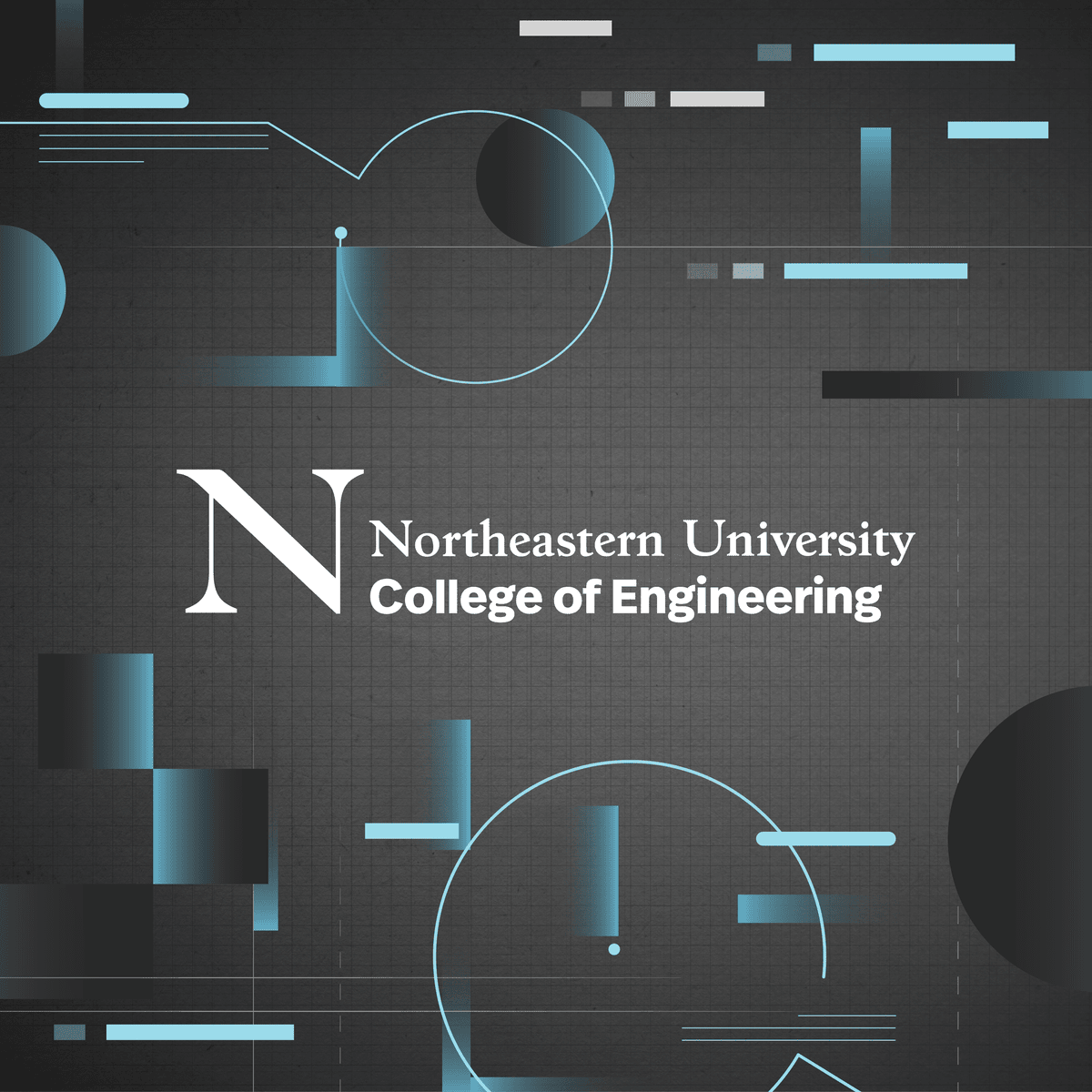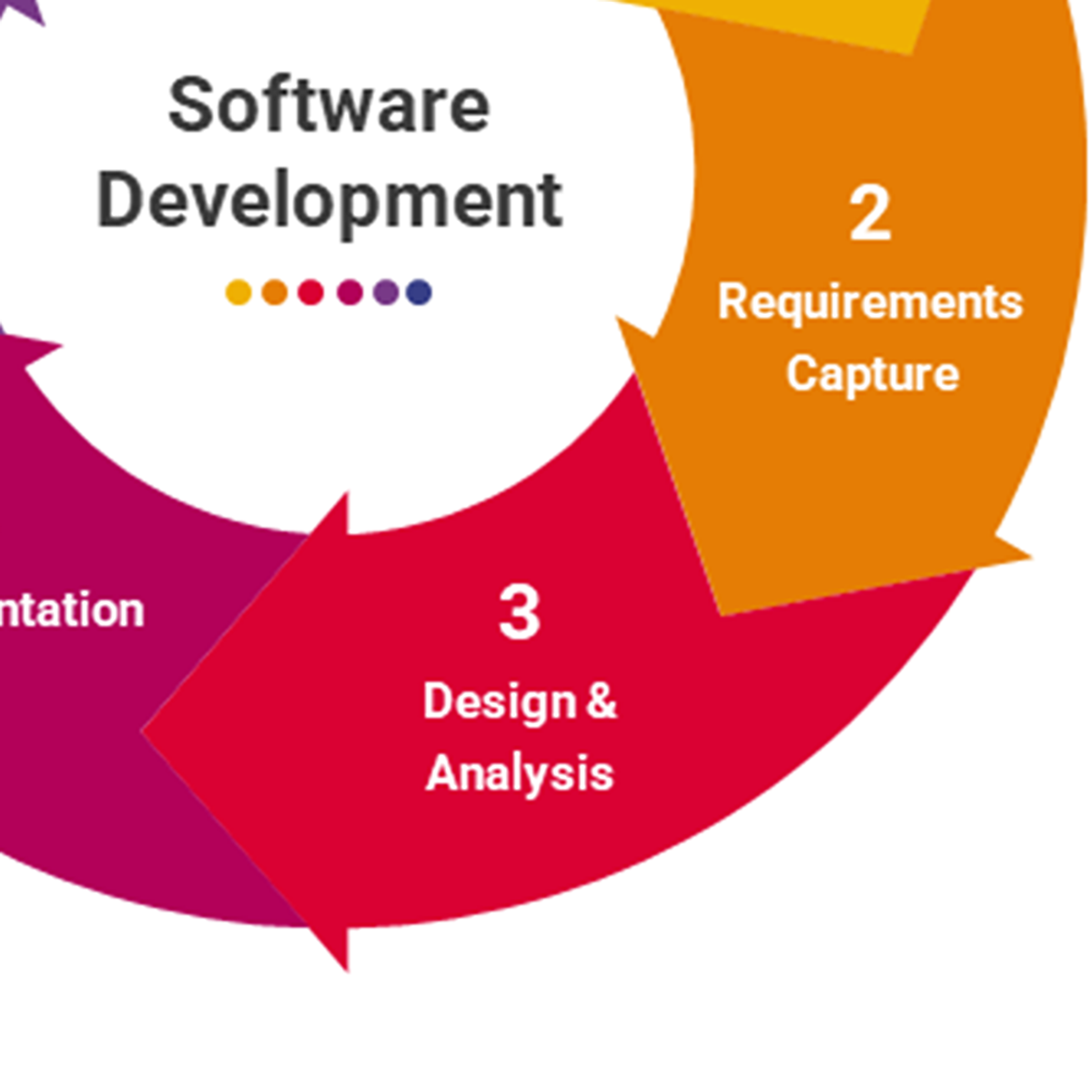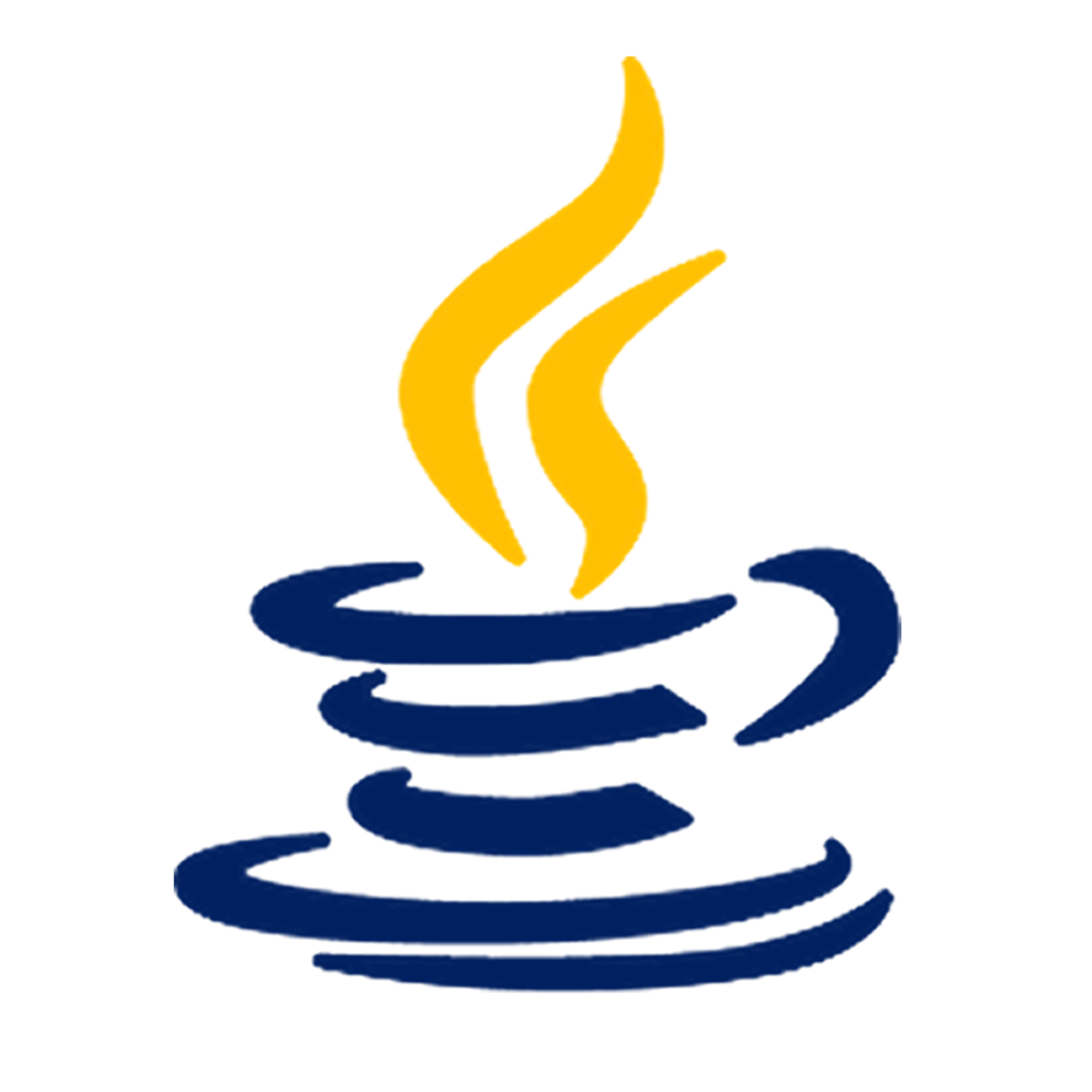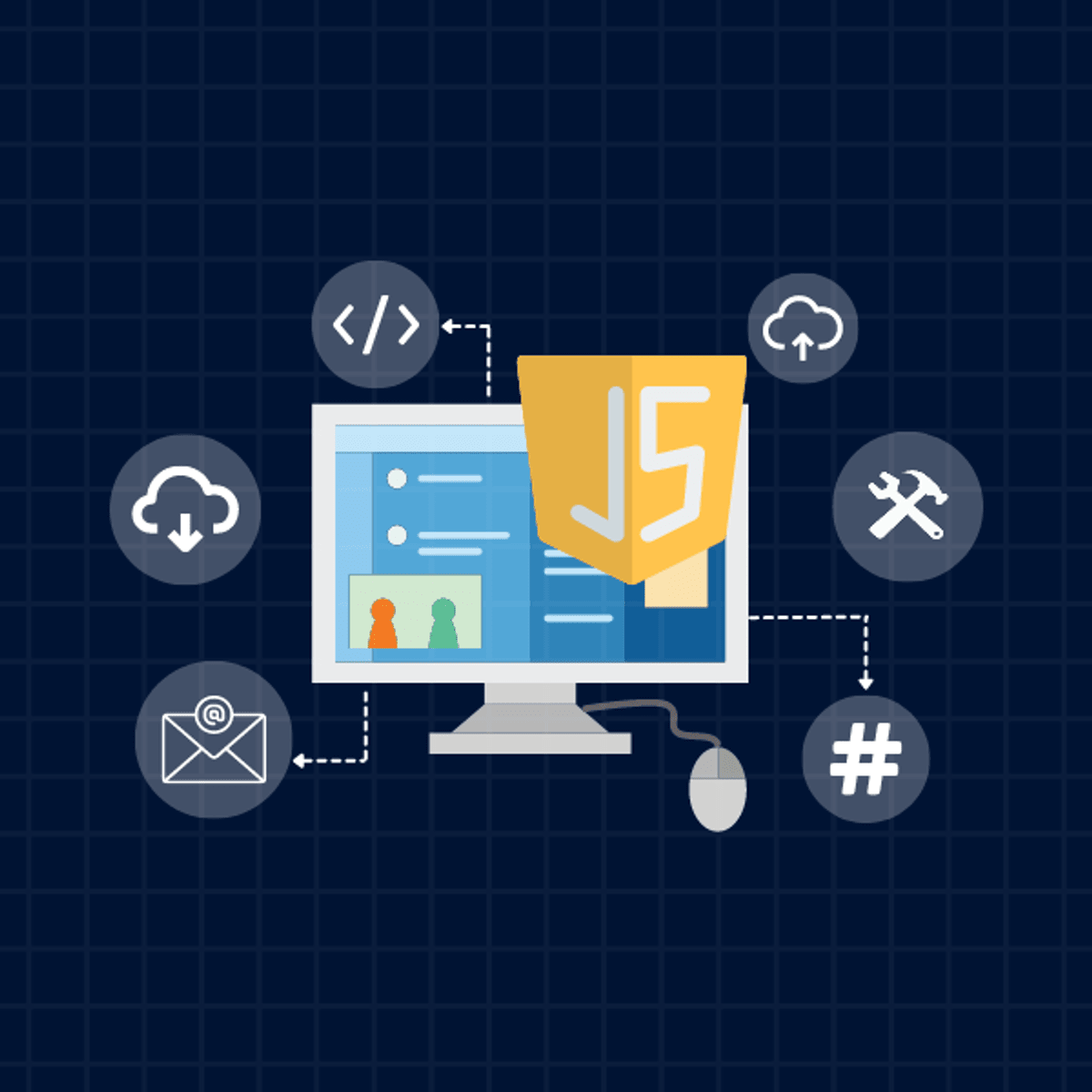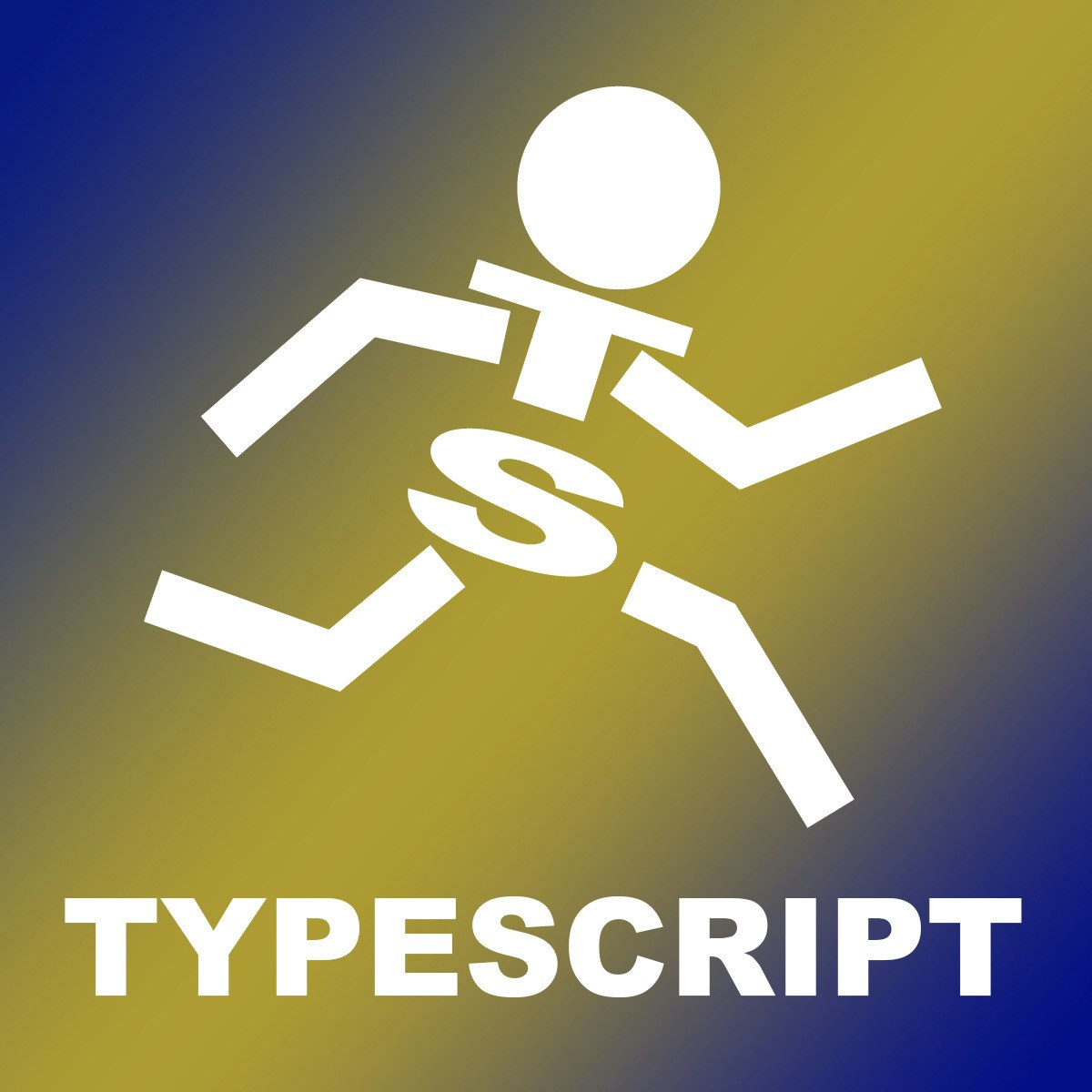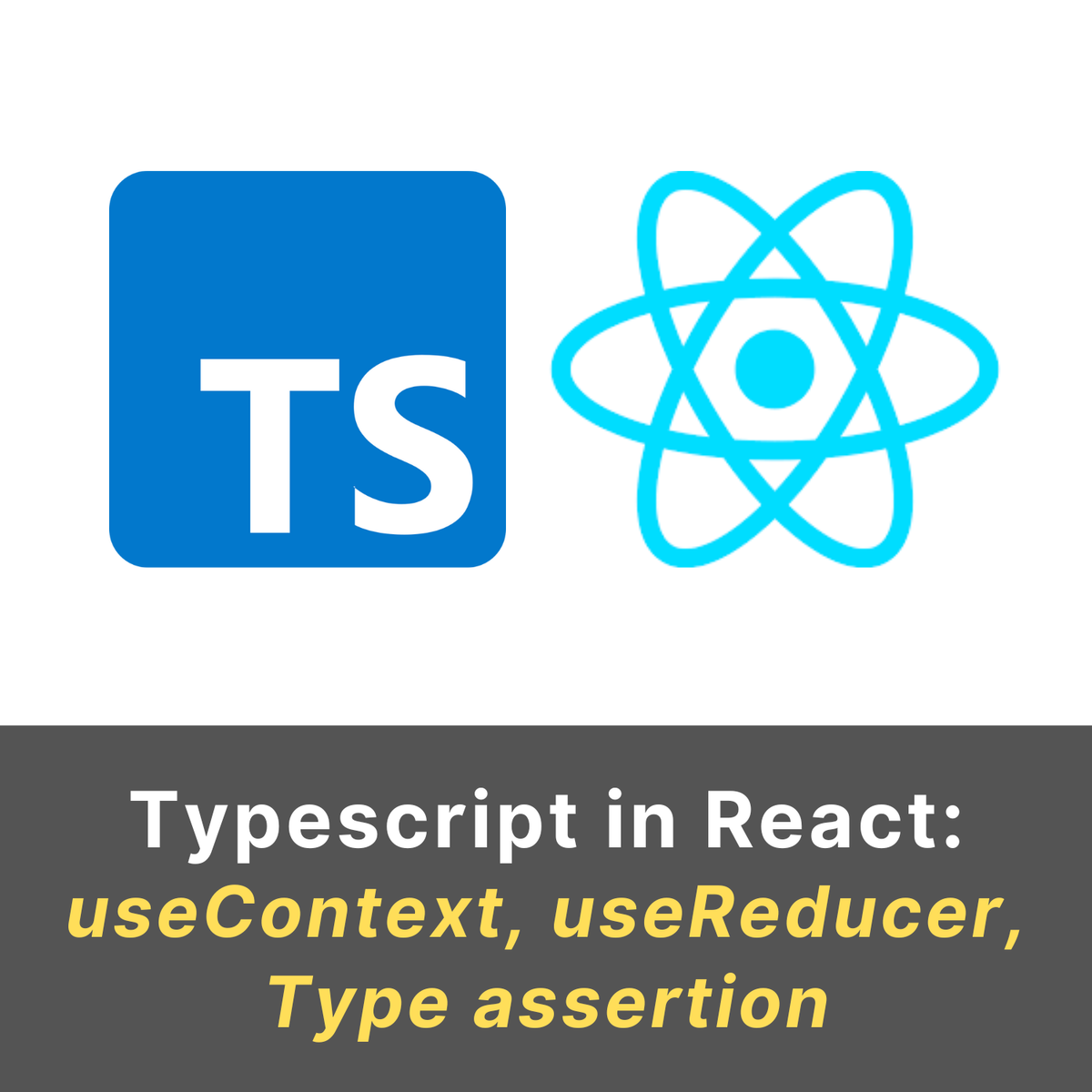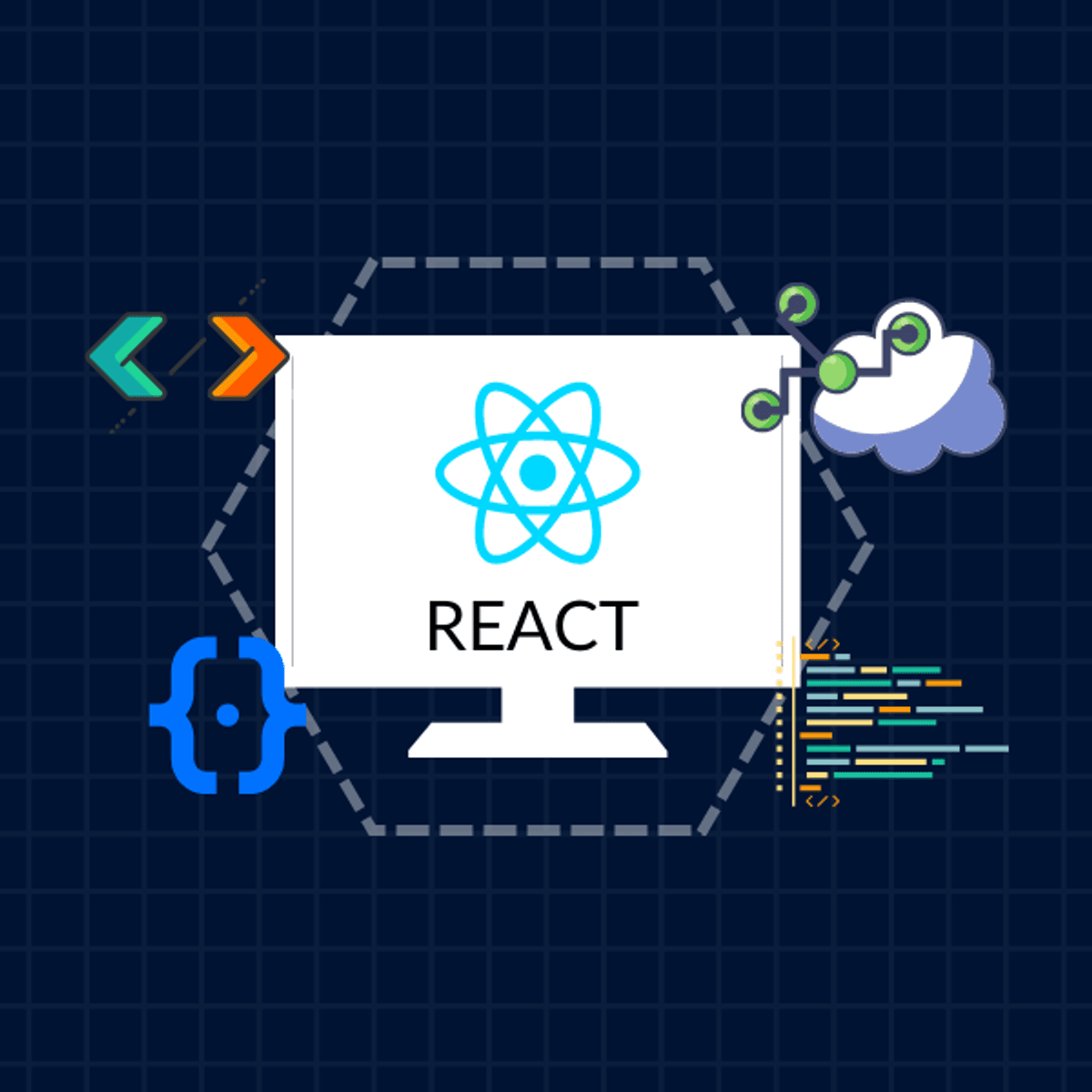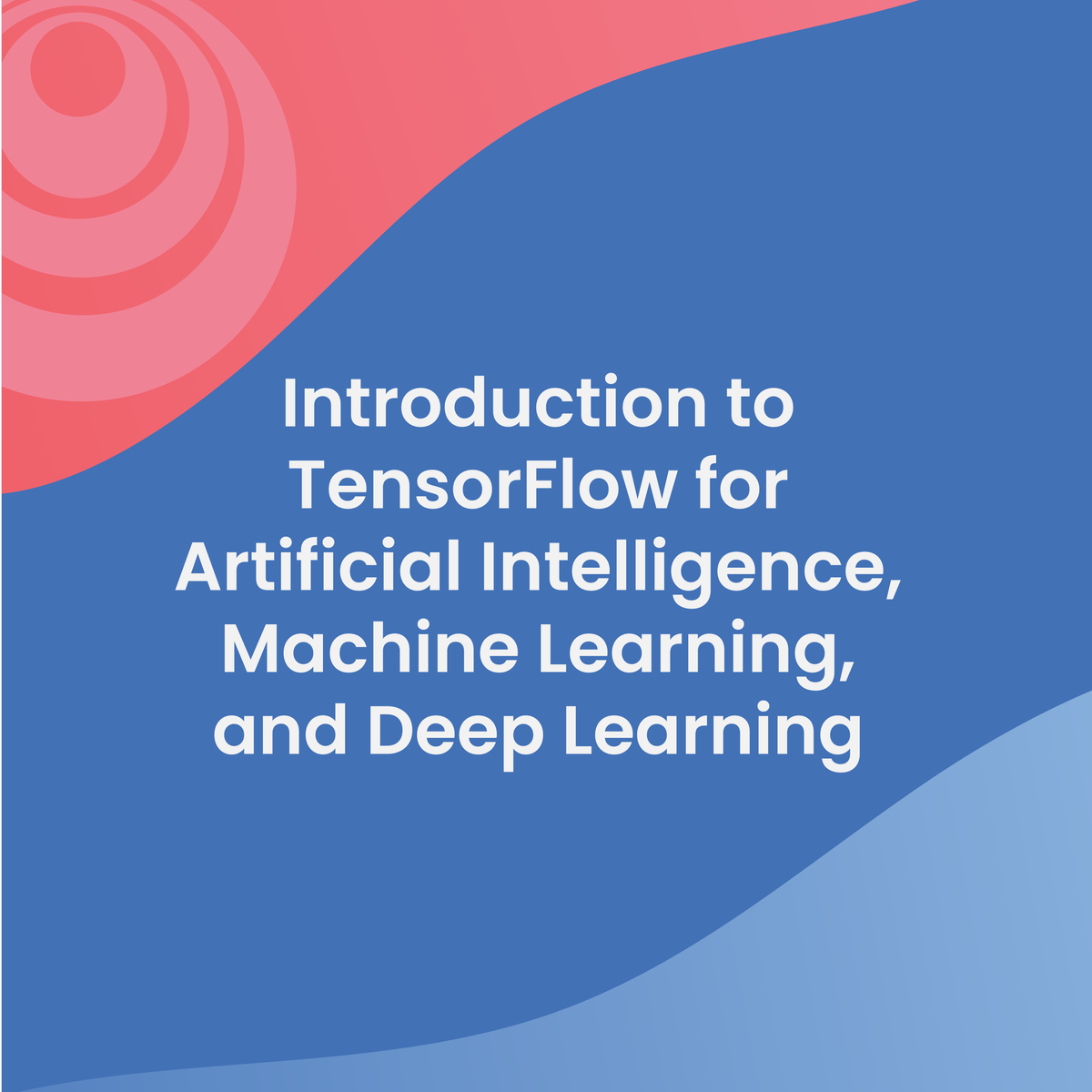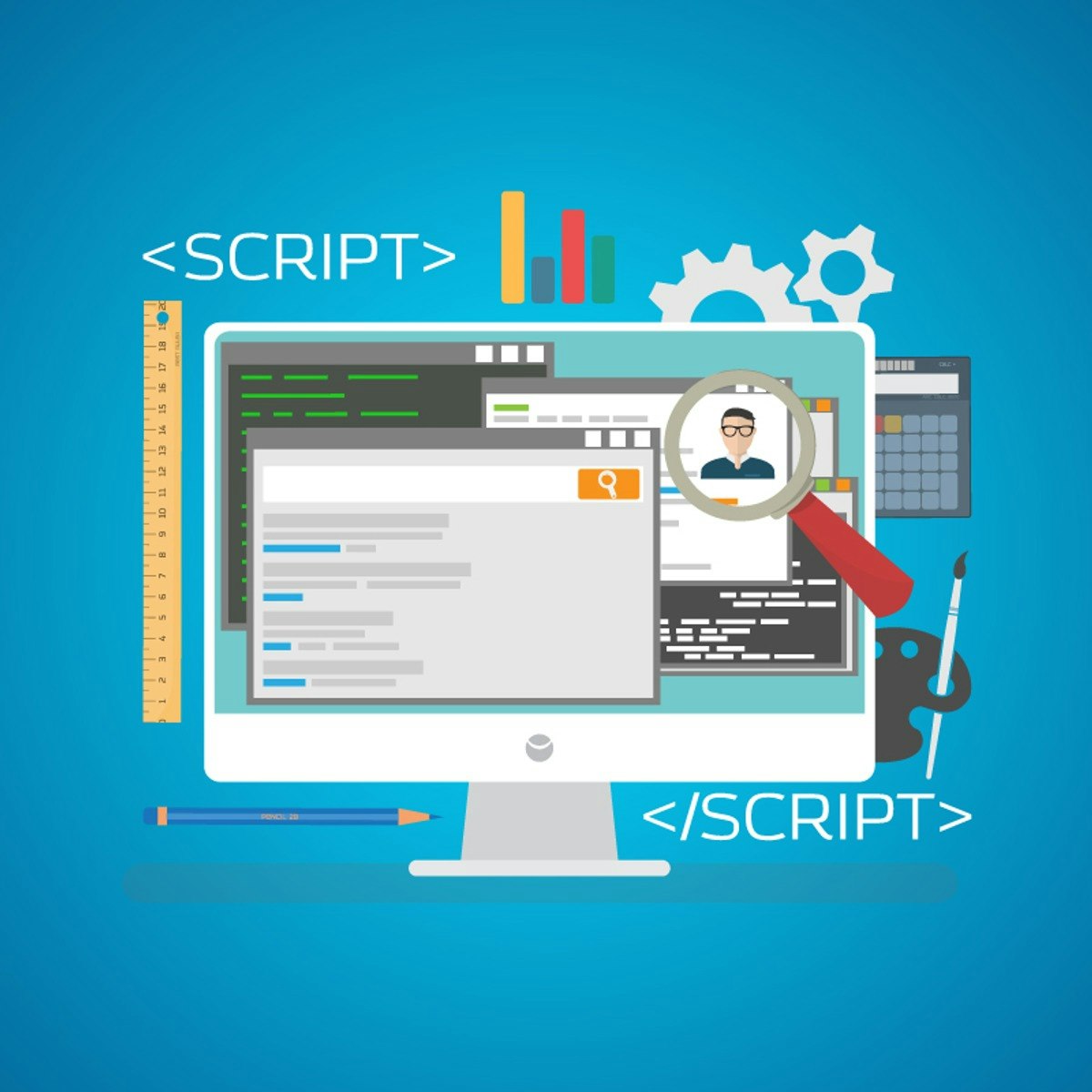Software Engineer
Software Engineer: Building the Digital World
Software engineers are the architects and builders of the digital age. They apply engineering principles to design, develop, test, deploy, and maintain the software systems and applications that power everything from smartphones and websites to complex enterprise systems and scientific research tools. It's a field that blends creativity with analytical thinking, requiring individuals who enjoy solving complex problems and building functional, reliable solutions.
Working as a software engineer can be incredibly engaging. You might find excitement in the process of turning an abstract idea into a tangible product used by thousands or even millions. The collaborative nature of the work, often involving cross-functional teams, can also be stimulating. Furthermore, the constant evolution of technology means there's always something new to learn, keeping the role dynamic and challenging.
What is Software Engineering?
Definition and Scope
Software engineering is a systematic, disciplined, and quantifiable approach to the development, operation, and maintenance of software. Think of it like building a bridge: you need careful planning, solid design principles, rigorous testing, and ongoing maintenance to ensure it's safe, reliable, and does what it's supposed to do. Software engineers apply similar rigor to the world of code.
The scope is vast. It encompasses everything from understanding user needs and defining requirements to designing system architecture, writing code, implementing testing strategies, managing deployment processes, and ensuring the software runs smoothly after launch. It's not just about coding; it's about the entire lifecycle of a software product.
This discipline ensures that software is not only functional but also reliable, efficient, maintainable, and scalable. It tackles the complexity inherent in software projects, aiming to deliver high-quality results within predictable timelines and budgets.
Key Industries Employing Software Engineers
Software engineers are in demand across nearly every sector imaginable. Technology companies, from giants like Google and Microsoft to countless startups, are obvious employers. However, the need extends far beyond the tech industry bubble.
Finance relies heavily on software engineers for trading platforms, banking apps, and security systems. Healthcare uses software for electronic health records, medical imaging analysis, and robotic surgery. Entertainment companies need engineers for streaming services, game development, and special effects.
Even traditionally non-tech industries like manufacturing, retail, transportation, and education now employ software engineers to build custom solutions, manage data, automate processes, and create digital experiences for their customers and employees. This widespread demand contributes to a positive job outlook for the profession.
According to data from the U.S. Bureau of Labor Statistics (BLS), employment for software developers, quality assurance analysts, and testers is projected to grow much faster than the average for all occupations in the coming decade, highlighting the robust demand across various sectors.
These courses touch upon specialized areas like FinTech where software engineering plays a crucial role.
Software Engineering vs. Related Fields
It's common to confuse software engineering with related fields like computer science and web development. While there's overlap, they have distinct focuses. Computer Science is broader, dealing with the theoretical foundations of information and computation. Computer scientists explore algorithms, data structures, computational theory, and artificial intelligence, often focusing on research and fundamental principles.
Software engineering, while built on computer science principles, is more applied. It focuses specifically on the practicalities of building and maintaining large, complex software systems reliably and efficiently. It incorporates principles from project management, quality assurance, and system design.
Web Development is typically more focused on building websites and web applications. While web developers are often software engineers (especially those working on complex back-end systems or large-scale applications), the term can also encompass roles focused primarily on front-end presentation (UI/UX) or simpler website creation, which might not require the full breadth of engineering principles applied in large system development.
Think of it this way: a computer scientist might invent a new sorting algorithm, a software engineer would figure out how to reliably implement and integrate that algorithm into a massive e-commerce platform, and a web developer might use existing tools and frameworks to build the user interface for that platform.
Understanding these distinctions can help you align your interests and career goals with the right educational path and job focus. OpenCourser allows you to easily browse courses across all these related fields.
Impact on Modern Technology
Software engineering is the engine driving modern technological advancement. Virtually every piece of technology we interact with daily, from smartphones and social media platforms to online banking and navigation systems, relies on software created by engineers.
They build the operating systems that run our computers, the applications that connect us globally, the databases that store vast amounts of information, and the algorithms that power artificial intelligence and machine learning. The ability to create complex, reliable software has revolutionized industries, created new forms of communication and entertainment, and transformed scientific research.
The impact is profound and pervasive. Advances in software engineering enable breakthroughs in other fields, facilitate global commerce, improve healthcare delivery, and shape how societies function. As technology continues to evolve, the role and impact of software engineers will only continue to grow.
Key Responsibilities of a Software Engineer
Software Development Lifecycle (SDLC) Participation
A core responsibility of a software engineer is active participation in the Software Development Lifecycle (SDLC). This is a structured process used to design, develop, and test high-quality software. It typically involves several phases, though the specific models (like Waterfall, Agile, DevOps) can vary.
Engineers are involved from the initial stages, helping to gather and analyze requirements, translating user needs into technical specifications. They then move into design, implementation (coding), testing (unit tests, integration tests), deployment, and finally, maintenance and updates.
Understanding and effectively participating in the SDLC ensures that software is developed systematically, meets requirements, is well-tested, and can be maintained over time. Different methodologies emphasize different aspects, like Agile's focus on iterative development and rapid feedback.
These courses provide insights into the different phases and methodologies involved in the software development lifecycle.
System Design and Architecture Principles
Beyond writing individual pieces of code, software engineers are often responsible for designing the overall structure, or architecture, of software systems. This involves making high-level decisions about how different components will interact, how data will be managed, and how the system will scale to handle load.
Good system design considers factors like reliability (will it crash?), scalability (can it handle more users?), maintainability (is it easy to update?), security, and performance. Engineers apply established architectural patterns (like microservices, client-server, event-driven architecture) and design principles (like SOLID) to create robust and efficient systems.
Imagine building a large application like a social media platform. System design involves deciding things like: How will user profiles be stored? How will news feeds be generated efficiently? How will the system handle millions of users posting simultaneously? Making poor design choices early on can lead to significant problems later.
This requires abstract thinking and the ability to anticipate future needs and potential problems. It's about creating a solid foundation upon which the rest of the software can be built.
These resources delve into the principles of software and system design, crucial for building scalable and maintainable applications.
These books cover essential patterns in data modeling and system design.
Collaboration with Cross-Functional Teams
Software development is rarely a solo activity. Engineers work closely with various stakeholders, including product managers, designers (UI/UX), quality assurance (QA) testers, data scientists, operations engineers (DevOps), and sometimes directly with clients or users.
Effective communication and collaboration are crucial. Engineers need to understand requirements from product managers, implement designs accurately, work with QA to identify and fix bugs, and coordinate with operations for deployment and monitoring. They might need to explain technical concepts to non-technical colleagues or negotiate trade-offs between features and technical constraints.
Using tools like version control systems (e.g., Git), project management software (e.g., Jira, Asana), and communication platforms (e.g., Slack) facilitates this collaboration. Working effectively in a team environment is a key skill for any software engineer.
These courses touch upon communication strategies and project management tools often used in collaborative environments.
Maintenance and Optimization of Existing Systems
Software is rarely "finished" after its initial release. A significant part of a software engineer's job involves maintaining and improving existing codebases. This includes fixing bugs discovered after launch, updating software to work with new operating systems or hardware, and adding new features based on user feedback or business needs.
Optimization is also key. As systems grow or user load increases, engineers work to improve performance, making the software faster and more efficient. This might involve refactoring code (restructuring it without changing its external behavior), optimizing database queries, or improving algorithms.
Dealing with "technical debt" – the implied cost of rework caused by choosing an easy (limited) solution now instead of using a better approach that would take longer – is a common challenge in maintenance. Engineers must balance adding new features with the need to keep the existing codebase healthy and manageable.
These courses focus on writing clean, maintainable code and optimizing performance, crucial aspects of software maintenance.
Core Skills and Technologies
Becoming a proficient software engineer requires a blend of technical expertise, problem-solving abilities, and soft skills. The technology landscape evolves rapidly, demanding continuous learning. However, mastering foundational programming languages, understanding core paradigms, and proficiency with essential tools provide a solid base for a successful career.
Programming Languages: Python
Python has surged in popularity due to its readability, versatility, and extensive libraries. Its clean syntax makes it relatively easy for beginners to learn, yet it's powerful enough for complex applications. Python is widely used in web development (with frameworks like Django and Flask), data science, machine learning, artificial intelligence, scripting, and automation. Its large and active community provides excellent support and a wealth of resources.
These courses provide comprehensive introductions and deeper dives into Python programming.
Programming Languages: Java
Java remains a cornerstone of enterprise software development, known for its "write once, run anywhere" portability thanks to the Java Virtual Machine (JVM). It's heavily used for building large-scale backend systems, Android mobile applications, and big data processing frameworks. Java's strong typing, object-oriented nature, and robust ecosystem make it suitable for complex, mission-critical applications.
Learning Java provides a deep understanding of object-oriented principles and exposure to a mature and widely adopted technology stack.
These courses cover Java fundamentals, object-oriented programming, and application development.
Programming Languages: JavaScript & TypeScript
JavaScript is the dominant language of the web, running in virtually all modern browsers. It's essential for creating interactive front-end experiences. With the advent of Node.js, JavaScript is also widely used for back-end development, making full-stack JavaScript development popular. Frameworks like React, Angular, and Vue.js streamline the building of complex user interfaces.
TypeScript, a superset of JavaScript developed by Microsoft, adds static typing. This helps catch errors during development rather than at runtime, improving code quality and maintainability, especially in large projects. Many development teams are adopting TypeScript for its enhanced tooling and safety features.
These courses introduce JavaScript, TypeScript, and popular frameworks like React.
Programming Languages: C++
C++ is renowned for its performance and control over system resources. It's a powerful language used where efficiency is critical, such as in game development (engines like Unreal Engine), operating systems, high-frequency trading systems, embedded systems, and performance-intensive libraries. While it has a steeper learning curve than languages like Python, mastering C++ provides deep insights into computer architecture and memory management.
These courses cover C++ from beginner to more advanced topics, including object-oriented features.
Programming Languages: Go (Golang)
Go, developed by Google, is known for its simplicity, efficiency, and excellent support for concurrency (handling multiple tasks simultaneously). It's widely used for building cloud infrastructure, microservices, networking tools, and command-line applications. Its straightforward syntax and built-in concurrency features make it easier to write reliable and scalable concurrent programs compared to some other languages.
These courses offer comprehensive guides to learning and mastering the Go language.
Programming Paradigms
Beyond specific languages, understanding programming paradigms is crucial. Object-Oriented Programming (OOP) organizes code around objects, encapsulating data and behavior. Functional Programming treats computation as the evaluation of mathematical functions, emphasizing immutability and avoiding side effects. Understanding these paradigms helps engineers write cleaner, more maintainable, and more efficient code, regardless of the specific language used.
This book offers a foundational look into computation and programming, touching upon various paradigms.
Version Control Systems and DevOps Practices
Version Control Systems (VCS) like Git are essential tools for managing changes to code over time, especially when working in teams. They allow multiple developers to work on the same codebase simultaneously, track changes, revert to previous versions, and merge different pieces of work together. Platforms like GitHub, GitLab, and Bitbucket provide hosting for Git repositories and add features for collaboration like code reviews and issue tracking.
DevOps (Development and Operations) is a set of practices that combines software development and IT operations. It aims to shorten the systems development life cycle and provide continuous delivery with high software quality. Key DevOps practices include Continuous Integration (CI), where code changes are automatically built and tested frequently, and Continuous Deployment/Delivery (CD), which automates the release of software to production environments. Tools like Jenkins, GitLab CI/CD, and GitHub Actions are commonly used.
Familiarity with VCS and DevOps principles streamlines the development process, improves collaboration, and increases the speed and reliability of software releases.
These courses cover essential tools and practices for version control and collaboration in software development.
Database Management and Cloud Computing
Most software applications need to store and retrieve data. Software engineers must understand database concepts and technologies. This includes relational databases (like PostgreSQL, MySQL, SQL Server) which use SQL (Structured Query Language), and NoSQL databases (like MongoDB, Cassandra, Redis) which offer different data models (document, key-value, graph) often used for large-scale or unstructured data.
Cloud computing platforms like Amazon Web Services (AWS), Microsoft Azure, and Google Cloud Platform (GCP) have become central to modern software development. Engineers leverage cloud services for hosting applications, managing databases, storing files, running complex computations, implementing machine learning models, and more. Understanding cloud architecture, services (IaaS, PaaS, SaaS), containerization (Docker), and orchestration (Kubernetes) is increasingly vital.
Skills in database management and cloud computing enable engineers to build scalable, resilient, and data-driven applications.
These courses provide introductions to database engineering and popular cloud platforms.
These books offer comprehensive guides to database technologies.
Problem-Solving and Algorithmic Thinking
At its heart, software engineering is about solving problems using computation. Strong analytical and problem-solving skills are paramount. Engineers need to be able to break down complex problems into smaller, manageable parts, devise logical solutions, and translate those solutions into code.
Algorithmic thinking involves understanding how to design efficient and correct procedures (algorithms) to solve computational tasks. Knowledge of fundamental Data Structures (like arrays, linked lists, trees, graphs, hash tables) and Algorithms (like sorting, searching, graph traversal) is essential for writing performant code, especially when dealing with large amounts of data or complex operations.
While you don't need to memorize every algorithm, understanding the principles allows engineers to choose the right tools for the job and analyze the efficiency (time and space complexity) of their solutions. This often forms a core part of technical interviews.
These courses and books lay the groundwork for understanding algorithms and data structures, crucial for efficient problem-solving.
These classic texts are considered essential reading for a deep understanding of algorithms.
Formal Education Pathways
Relevant Undergraduate and Graduate Degrees
A common pathway into software engineering is through formal education, typically starting with a bachelor's degree. The most direct route is a Bachelor of Science (B.S.) in Software Engineering itself. However, degrees in Computer Science are equally common and provide a strong theoretical foundation applicable to software engineering roles.
Other related degrees, such as Computer Engineering (which often bridges hardware and software), Information Technology, or even degrees in Mathematics or Physics coupled with strong programming skills, can also serve as entry points. The key is gaining a solid understanding of programming, data structures, algorithms, and system design principles.
For those seeking deeper specialization or careers in research, academia, or advanced roles (like AI/ML research or specialized system architecture), a Master of Science (M.S.) or Doctor of Philosophy (Ph.D.) in Software Engineering or Computer Science may be beneficial. Graduate degrees often allow for focused study in areas like artificial intelligence, cybersecurity, distributed systems, or theoretical computer science.
This course provides a university-level introduction to programming within a computer science context.
Curriculum Components in Software Engineering Programs
Software engineering and computer science programs typically cover a core set of subjects essential for the field. Foundational courses often include introductory programming (often using languages like Python or Java), data structures and algorithms, discrete mathematics, computer organization and architecture, and operating systems.
More specialized software engineering courses delve into topics like software requirements engineering, software design and architecture, software testing and quality assurance, project management, database systems, networking, and web development. Many programs also offer electives allowing students to specialize in areas like mobile development, cybersecurity, artificial intelligence, game development, or cloud computing.
Beyond technical courses, curricula often include mathematics (calculus, linear algebra, statistics), communication skills, and sometimes ethics courses tailored to technology. The goal is to produce well-rounded engineers with both strong technical abilities and the professional skills needed to succeed in a collaborative environment.
Research Opportunities in Academia
For students interested in pushing the boundaries of software engineering or computer science, academia offers significant research opportunities. Universities are often hubs of innovation, exploring cutting-edge topics before they become mainstream in the industry.
Undergraduate students can sometimes participate in research projects alongside professors, gaining valuable experience and insight into the research process. Graduate students (especially M.S. and Ph.D. candidates) typically have research as a core component of their program. Research areas might include developing new programming languages, creating more efficient algorithms, advancing AI techniques, improving software security methodologies, or exploring novel human-computer interaction paradigms.
Engaging in research can lead to publications, conference presentations, and potentially a career in academic research or advanced R&D roles in industry. It develops deep analytical skills and the ability to tackle open-ended, challenging problems.
Accreditation and Certification Considerations
Accreditation ensures that formal degree programs meet certain quality standards. In the U.S., organizations like ABET (Accreditation Board for Engineering and Technology) accredit engineering and computer science programs. While not always mandatory for employment (especially in software, where skills often outweigh credentials), graduating from an accredited program can be beneficial and is sometimes preferred by certain employers, particularly in government or safety-critical industries.
Unlike some engineering disciplines, there isn't a single, universally required professional license (like the Professional Engineer license) for software engineers. However, various optional certifications exist that can demonstrate expertise in specific technologies or domains. Examples include cloud certifications from AWS, Azure, or GCP, cybersecurity certifications (like CISSP), project management certifications (like PMP or Certified ScrumMaster), or specific vendor technology certifications.
These certifications can be valuable for career advancement or specializing in a particular area, often pursued by working professionals to validate their skills and stay current with technology.
These courses cover skills relevant to professional certifications in Agile and broader tech fields.
Alternative Learning Paths
While a formal degree is a traditional route, it's far from the only way to become a software engineer. The field is known for being relatively meritocratic, valuing demonstrable skills and experience, sometimes above formal credentials. This opens doors for dedicated self-learners and career changers.
If you're considering a pivot into software engineering, know that it requires significant effort and dedication, but it is achievable. The journey involves acquiring foundational knowledge, building practical skills, and demonstrating your abilities to potential employers. Be prepared for a challenging but potentially rewarding path. Ground yourself in the reality that it takes time and persistence, but don't let the challenge deter you from starting.
The Role of Online Courses
Online courses have revolutionized learning, making high-quality educational content accessible to anyone with an internet connection. They are exceptionally well-suited for building a foundation in software engineering. Platforms like OpenCourser aggregate vast catalogs of courses from various providers, covering everything from introductory programming to advanced specializations.
Online courses offer flexibility, allowing you to learn at your own pace and often at a lower cost than traditional degrees. They can be used to learn foundational concepts (programming, data structures), acquire specific technical skills (React, AWS, Python), or prepare for technical interviews. Many courses include hands-on exercises and projects, which are crucial for developing practical abilities.
For career changers, online courses provide a structured yet flexible way to acquire necessary skills without leaving a current job immediately. For students, they can supplement formal education by providing deeper dives into specific topics or exposure to technologies not covered in their curriculum. Professionals can use them for upskilling and staying current with the latest technologies.
These courses provide entry points into programming and core software concepts, suitable for beginners taking their first steps.
OpenCourser's Learner's Guide offers valuable articles on how to effectively use online courses, create a learning plan, and stay motivated during self-study.
Project-Based Learning Strategies
Theoretical knowledge is important, but practical application is paramount in software engineering. Project-based learning is one of the most effective ways to solidify understanding and build skills. Instead of just completing course exercises, build your own projects from scratch.
Start small – perhaps a simple calculator, a to-do list app, or a basic website. As your skills grow, tackle more complex projects. Try recreating a simplified version of an existing application, building a tool to solve a personal problem, or developing a small game. This process forces you to integrate different concepts, troubleshoot problems, and make design decisions.
Document your projects well and host the code publicly (e.g., on GitHub). These projects become tangible proof of your skills and form the core of your portfolio, which is often more persuasive to employers than certificates alone.
These courses emphasize building practical projects, allowing you to apply learned concepts immediately.
Open Source, Hackathons, and Community Learning
Engaging with the broader software development community is invaluable. Contributing to open-source projects allows you to collaborate with experienced developers, learn best practices, understand how real-world software is built, and gain visibility.
Hackathons are events where people collaborate intensively on software projects over a short period (often a weekend). They are great opportunities to learn quickly, network with peers and potential employers, and build something innovative under pressure.
Online communities (like Stack Overflow, Reddit forums, Discord servers) and local meetups provide platforms for asking questions, sharing knowledge, finding mentors, and staying motivated. Learning often happens faster when you're part of a supportive community.
Mentorship and Portfolio Development
Finding a mentor – an experienced software engineer willing to offer guidance and advice – can significantly accelerate your learning journey. Mentors can help you navigate challenges, provide feedback on your projects, offer career advice, and help you build your professional network.
Your portfolio is your showcase. It's a collection of your best projects demonstrating your skills and passion. A well-curated portfolio, often hosted on platforms like GitHub Pages or a personal website, should include links to your project repositories, live demos if applicable, and clear descriptions of the problems you solved and the technologies you used.
Focus on quality over quantity. A few polished, interesting projects are better than many unfinished or trivial ones. Tailor your portfolio to the types of roles you're applying for. For those transitioning careers, framing projects to highlight transferable skills from your previous field can be effective.
This course focuses specifically on building the materials needed for a job search, including portfolio guidance.
Career Progression in Software Engineering
Entry-Level Roles and Expectations
Most software engineers start their careers in entry-level positions, often titled Junior Software Engineer, Associate Software Developer, or simply Software Engineer I. In these roles, the focus is typically on learning the company's codebase, tools, and processes while contributing to specific, well-defined tasks under the guidance of more senior engineers.
Expectations usually involve writing and testing code for smaller features or bug fixes, participating in code reviews (both receiving and giving feedback), learning development workflows, and gradually taking on more responsibility. Strong communication skills, a willingness to learn, and the ability to collaborate effectively are highly valued.
The initial years are a crucial period for absorbing knowledge, honing technical skills through practical application, and understanding how software is built and maintained in a professional environment. Don't be afraid to ask questions and seek mentorship.
Specialization Tracks
As engineers gain experience, they often specialize in particular areas of software development. Common specialization tracks include:
- Front-End Development: Focusing on the user interface (UI) and user experience (UX) of web applications, using technologies like HTML, CSS, JavaScript, and frameworks like React, Angular, or Vue.js.
- Back-End Development: Concentrating on the server-side logic, databases, and APIs that power applications, using languages like Java, Python, Go, C#, Ruby, or Node.js and frameworks like Spring, Django, or Ruby on Rails.
- Full-Stack Development: Working across both front-end and back-end technologies, capable of building complete web applications.
- Mobile Development: Creating applications for mobile platforms like iOS (using Swift or Objective-C) or Android (using Kotlin or Java), or using cross-platform frameworks like React Native or Flutter.
- DevOps Engineering: Focusing on automating and streamlining the software development and deployment process, managing infrastructure, and ensuring reliability and scalability.
- Embedded Systems Engineering: Developing software for hardware devices and systems that are not traditional computers, such as microcontrollers in cars, appliances, or medical devices.
- Data Engineering: Building and maintaining systems for collecting, storing, and processing large volumes of data.
- Machine Learning / AI Engineering: Developing and deploying machine learning models and AI systems.
Specialization allows engineers to develop deep expertise in a particular domain, often leading to higher demand and potentially higher compensation.
These courses cover various specialization areas within software engineering.
Leadership and Architectural Roles
With significant experience and demonstrated expertise, software engineers can progress into leadership or high-level technical roles. A common path is becoming a Senior Software Engineer, taking ownership of larger features, mentoring junior engineers, and contributing to technical design decisions.
Further progression might lead to roles like Tech Lead (leading a small team on a specific project or feature), Software Architect (designing the high-level structure of complex systems), or Principal Engineer (a highly respected individual contributor focused on solving the most challenging technical problems).
These roles require not only deep technical knowledge but also strong leadership, communication, mentoring, and strategic thinking skills. Architects and Principal Engineers often influence the technical direction of entire departments or companies.
Transitioning to Adjacent Fields
The skills developed as a software engineer are highly transferable, opening doors to various adjacent career paths. Many engineers leverage their technical understanding and problem-solving abilities to move into roles like:
- Product Management: Defining the vision, strategy, and roadmap for software products, working closely with engineering, design, and marketing teams.
- Data Science / Machine Learning: Focusing on analyzing data to extract insights or building predictive models, often requiring additional skills in statistics and specific ML techniques.
- Developer Relations / Developer Advocate: Acting as a liaison between a company (often one providing developer tools or platforms) and the developer community, creating content, giving talks, and gathering feedback.
- Technical Sales / Solutions Architect (Sales): Using technical expertise to help potential customers understand how a company's products can solve their problems.
- Engineering Management: Shifting focus from individual technical contribution to managing teams of engineers, focusing on people development, project delivery, and strategy.
These transitions often combine technical depth with stronger business acumen, communication skills, or people management abilities.
Industry Trends Shaping Software Engineering
The field of software engineering is constantly evolving, influenced by technological advancements and shifting market demands. Staying aware of these trends is crucial for career growth and relevance.
Artificial Intelligence in Software Development
Artificial Intelligence (AI), particularly generative AI, is rapidly changing how software is developed. Tools like GitHub Copilot can assist engineers by suggesting code completions, generating boilerplate code, writing documentation, and even helping with debugging. Studies suggest these tools can significantly increase developer productivity and satisfaction by automating repetitive tasks.
Beyond coding assistance, AI is used for automated testing, intelligent bug detection, performance optimization, and personalizing user experiences within applications. While AI won't replace engineers, it's becoming an essential tool, requiring engineers to learn how to leverage it effectively (e.g., prompt engineering) and understand its capabilities and limitations. Research from firms like McKinsey highlights the potential for AI to enhance productivity by up to 50% in some development tasks.
The integration of AI also demands focus on responsible development, ensuring fairness, transparency, and robustness in AI-driven systems.
These courses explore the intersection of AI and software development, including popular tools and frameworks.
This foundational book covers the breadth of AI concepts.
Remote Work and Global Collaboration Trends
The software industry has been at the forefront of adopting remote and hybrid work models. Distributed teams, collaborating across different time zones and geographies, are increasingly common. This requires strong communication skills, proficiency with collaboration tools, and effective asynchronous workflows.
While some companies are encouraging or mandating a return to the office, many continue to offer flexible work arrangements. According to one industry analysis citing Forrester, a significant percentage of software professionals may continue working remotely. This trend opens up global talent pools for companies but also requires engineers to be adept at working effectively in a distributed environment.
Organizations are adapting their processes and culture to support remote collaboration, emphasizing clear documentation, regular virtual check-ins, and tools that facilitate teamwork regardless of location.
This course explores strategies for effective virtual communication.
Security and Privacy Imperatives
With the increasing frequency and sophistication of cyberattacks, security is no longer an afterthought in software development. Integrating security practices throughout the SDLC (often called DevSecOps) is becoming standard practice. Engineers are expected to write secure code, understand common vulnerabilities (like those listed by OWASP), and implement security measures like proper authentication, authorization, and data encryption.
Data privacy regulations, such as the EU's General Data Protection Regulation (GDPR) and the California Consumer Privacy Act (CCPA), impose strict requirements on how software handles personal data. Engineers need to be aware of these regulations and design systems that comply with them, ensuring user data is collected, stored, and processed responsibly and transparently.
The focus on security and privacy means engineers increasingly need skills in secure coding practices, vulnerability assessment, and privacy-enhancing technologies.
This course focuses on building secure software from the requirements phase onwards.
Sustainability in Software Systems
There is a growing awareness of the environmental impact of technology, leading to a focus on "Green IT" and sustainable software development. This involves designing and running software in ways that minimize energy consumption and resource usage.
Practices include writing efficient code that requires less processing power, optimizing data storage and transfer, choosing energy-efficient cloud infrastructure (often powered by renewable energy), and designing applications that encourage sustainable user behavior. While still an emerging area, sustainability considerations are likely to become increasingly important in software design and architecture choices.
Organizations are beginning to measure and report on the carbon footprint of their digital operations, putting pressure on engineering teams to build more environmentally friendly software.
Ethical Considerations in Software Engineering
As software becomes more deeply integrated into society, the ethical responsibilities of software engineers grow significantly. The code they write can have profound impacts on individuals and communities, making ethical awareness a critical aspect of the profession.
Responsible AI Development Practices
The rise of AI brings unique ethical challenges. Engineers involved in developing AI systems must consider issues like algorithmic bias, fairness, transparency, and accountability. AI models trained on biased data can perpetuate or even amplify societal inequalities.
Responsible AI development involves practices like carefully curating training data, auditing models for bias, designing systems that are explainable (explainable AI or XAI), and establishing clear lines of accountability for AI-driven decisions. Engineers need to be proactive in identifying and mitigating potential harms caused by the AI systems they build.
These courses address the critical aspects of fairness and ethics in AI development.
Data Privacy Regulations
Software engineers often work with sensitive user data, making adherence to privacy regulations essential. Laws like GDPR in Europe and CCPA in California grant users specific rights regarding their personal data, including the right to access, correct, delete, and restrict the processing of their information.
Engineers must design systems that facilitate compliance with these rights. This includes implementing secure data storage, anonymization or pseudonymization techniques where appropriate, obtaining proper user consent, and building mechanisms for users to manage their data. Understanding the principles of privacy-by-design is becoming increasingly important.
Failure to comply with these regulations can result in significant fines and damage to an organization's reputation, making privacy a critical engineering concern.
Accessibility Standards Implementation
Software should be usable by everyone, including people with disabilities. Web Content Accessibility Guidelines (WCAG) provide internationally recognized standards for making web content accessible to people with visual, auditory, motor, and cognitive impairments.
Software engineers, particularly those working on web or mobile applications, need to understand and implement these standards. This involves practices like providing text alternatives for images, ensuring keyboard navigability, using sufficient color contrast, providing captions for media, and making sure applications work correctly with assistive technologies like screen readers.
Building accessible software is not only an ethical imperative but also often a legal requirement. It ensures that digital products and services are inclusive and reach the widest possible audience.
These courses focus specifically on creating accessible web experiences.
Environmental Impact of Computing Resources
The digital world runs on physical infrastructure – data centers, networks, user devices – all of which consume energy and resources. Software engineers have a role to play in mitigating this environmental impact through sustainable software practices.
This connects back to the trend of Green IT. By writing efficient code, optimizing resource utilization, and designing less data-intensive applications, engineers can help reduce the energy footprint of the software they create. Choosing cloud providers committed to renewable energy sources is another aspect.
While individual code changes might seem small, the collective impact of billions of lines of code running globally is significant. Ethical considerations increasingly include the environmental responsibility associated with software creation and operation.
Challenges in Modern Software Engineering
While software engineering offers many rewards, it also comes with its share of challenges. Understanding these hurdles can help aspiring and current engineers prepare for the realities of the profession.
Keeping Pace with Technological Change
The technology landscape evolves at a breakneck speed. New programming languages, frameworks, tools, and paradigms emerge constantly. What's cutting-edge today might be legacy tomorrow. This requires software engineers to be lifelong learners, continuously updating their skills to stay relevant.
This constant need to learn can be exciting for some but demanding for others. It requires dedicating time outside of regular work hours for learning, experimenting with new technologies, and adapting to new ways of working. Falling behind can limit career opportunities.
Embracing a growth mindset and actively seeking learning opportunities through online courses, conferences, reading, and side projects is crucial for long-term success in the field.
Managing Technical Debt at Scale
As mentioned earlier, technical debt – the result of taking shortcuts or making suboptimal design choices for short-term gain – is a pervasive challenge. Over time, accumulating technical debt can make software brittle, difficult to change, and prone to bugs.
Managing technical debt involves recognizing it, quantifying its impact, and strategically prioritizing efforts to "repay" it through refactoring and redesign. This often requires balancing the pressure to deliver new features quickly with the need to maintain the long-term health of the codebase.
On large, complex systems, technical debt can become a significant burden, slowing down development velocity and increasing the risk of failures. Effectively communicating the risks of technical debt to non-technical stakeholders and advocating for time to address it is an important skill for experienced engineers.
Cross-Cultural Team Coordination
With the rise of remote work and globalization, software development teams are often distributed across different countries and cultures. While this brings diverse perspectives, it can also introduce communication challenges.
Differences in time zones, languages, communication styles, and cultural norms can lead to misunderstandings or delays if not managed carefully. Effective cross-cultural collaboration requires clear communication protocols, patience, empathy, and an awareness of potential cultural differences.
Tools for asynchronous communication (like shared documents, issue trackers) become even more critical, as does establishing clear expectations for response times and meeting schedules that accommodate different time zones.
Work-Life Balance in High-Pressure Environments
Software engineering can sometimes involve high-pressure situations, such as tight deadlines, critical bug fixes, or on-call rotations to handle production issues. This can potentially lead to long hours and challenges in maintaining a healthy work-life balance.
While many companies strive to create sustainable work environments, the nature of the work can sometimes be demanding. Setting boundaries, managing time effectively, communicating proactively about workload, and prioritizing well-being are important for long-term sustainability in the career.
It's important to find an employer whose culture aligns with your work-life balance expectations. Burnout is a real risk in the industry, making self-care and stress management essential skills alongside technical ones.
Frequently Asked Questions
What are typical salary ranges and compensation structures?
Software engineer salaries are generally competitive but vary significantly based on experience, location, specialization, and company. Recent data suggests average base salaries in the US often exceed $150,000, with entry-level roles potentially starting above $100,000 and senior roles reaching $200,000 or more, particularly in high-cost-of-living areas or top tech companies. Compensation structures frequently include base salary, annual bonuses, and stock options/grants, which can substantially increase total earnings.
Specializations also impact pay. For example, AI/ML engineers often command higher salaries. Roles at large tech companies like Google or Meta typically offer higher compensation packages compared to smaller companies or non-tech industries. However, cost of living differences across locations play a significant role.
Keep in mind that salaries are dynamic and depend heavily on market conditions and individual negotiation. Resources like Glassdoor, Levels.fyi, and salary reports from firms like Robert Half provide up-to-date insights.
How does global demand for software engineers vary?
Demand for software engineers is strong globally, driven by digital transformation across industries. However, specific demand levels and preferred skill sets can vary by region. Major tech hubs like Silicon Valley, Seattle, New York, London, Berlin, Toronto, and Bangalore typically have very high concentrations of software engineering jobs and intense competition for talent.
Emerging tech hubs are also growing rapidly in various parts of the world. The types of roles in demand might differ; for instance, one region might have a higher need for fintech engineers, while another focuses more on automotive software or e-commerce.
The rise of remote work has also somewhat blurred geographical boundaries, allowing companies to hire talent from anywhere, though salary adjustments based on location are still common.
Are formal degrees essential, or are alternative credentials sufficient?
A formal degree (like a B.S. in Computer Science or Software Engineering) is a common and respected pathway, providing a strong theoretical foundation. However, it is not strictly essential to become a software engineer. Many successful engineers are self-taught, have attended coding bootcamps, or hold degrees in unrelated fields.
What matters most to employers is demonstrable skill and experience. A strong portfolio of projects, contributions to open source, and the ability to pass rigorous technical interviews often carry more weight than the specific degree held. Certifications can be helpful for specific roles (e.g., cloud or security) but are generally not required for entry-level positions.
For those without a relevant degree, alternative paths require significant self-discipline, proactive learning, and effort in building a compelling portfolio and preparing for interviews. Online courses, bootcamps, and community involvement are crucial resources on this path.
These resources focus on preparing for the job search and technical interviews, which are critical regardless of educational background.
What skills are critical for career longevity?
Technical skills form the foundation, but adaptability and continuous learning are paramount for longevity. Key technical areas include strong programming fundamentals, understanding data structures and algorithms, system design principles, testing methodologies, and proficiency with relevant tools (VCS, cloud platforms).
Beyond specific technologies (which change rapidly), crucial skills include problem-solving, critical thinking, effective communication (both written and verbal), collaboration, and the ability to learn quickly. Understanding business context and user needs also becomes increasingly important as engineers advance.
Soft skills, such as teamwork, mentorship ability, and the capacity to handle feedback constructively, are vital for progressing into senior and leadership roles. Staying curious and consistently investing in skill development is the key to a long and successful career.
What are the remote work opportunities and challenges?
Software engineering offers abundant remote work opportunities, more so than many other professions. Many companies, especially in the tech sector, offer fully remote or hybrid roles. This provides flexibility in location and schedule but also requires self-discipline, strong time management, and excellent communication skills to stay connected with the team.
Challenges of remote work include potential isolation, difficulties in spontaneous collaboration or mentorship, blurred lines between work and personal life, and the need for a suitable home office setup. Effective remote engineers are proactive communicators, adept at using collaboration tools, and intentional about building relationships with colleagues.
While some companies mandate office returns, the prevalence of remote options makes software engineering an attractive field for those seeking location flexibility.
Are there age-related considerations in career transitions?
It's never too late to transition into software engineering, but career changers should be realistic about the journey. While age discrimination is illegal, some anecdotal evidence suggests biases can exist. However, the industry generally values skills and contributions above age.
Older career changers often bring valuable experience from previous fields – project management, domain expertise, communication skills – that can be significant assets. Framing your unique background as a strength is key. The main challenges are acquiring the necessary technical skills, which requires significant time and effort regardless of age, and potentially starting at a more junior level and salary than in a previous established career.
Persistence, a strong portfolio, networking, and highlighting transferable skills are crucial for overcoming potential hurdles. Focus on demonstrating your passion for technology and your ability to learn and contribute.
Conclusion: Is Software Engineering Right for You?
Software engineering is a challenging, dynamic, and often highly rewarding career path. It offers the opportunity to build tangible products, solve complex problems, collaborate with bright minds, and participate in the technological advancements shaping our world. The demand for skilled engineers remains strong across diverse industries, providing ample career opportunities and competitive compensation.
However, it requires a commitment to continuous learning, strong analytical abilities, attention to detail, and the resilience to navigate complex technical challenges and evolving industry trends. Whether you pursue a traditional degree or forge your own path through online learning and projects, success hinges on dedication, practice, and a genuine passion for building with technology.
If you enjoy logical thinking, creative problem-solving, and the idea of bringing ideas to life through code, software engineering could be an excellent fit. Explore introductory resources, try some coding, and see if the process excites you. With resources like OpenCourser available to guide your learning, the path to becoming a software engineer is more accessible than ever.


